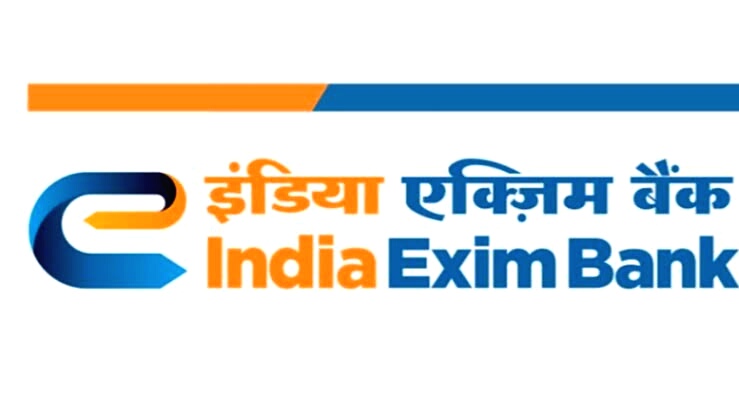 MUMBAI, 3 OCTOBER, 2020 (GPN): According to a study published by the Export-Import Bank of India (India Exim Bank), while the Government of India has been working to identify policies to promote exports and build a better operational environment, there is need for greater focus on monitoring and addressing glitches which prevent the successful implementation of these policies.
MUMBAI, 3 OCTOBER, 2020 (GPN): According to a study published by the Export-Import Bank of India (India Exim Bank), while the Government of India has been working to identify policies to promote exports and build a better operational environment, there is need for greater focus on monitoring and addressing glitches which prevent the successful implementation of these policies.
The Study titled ‘Domestic Constraints for Exports in Select Sectors’, analyses the current domestic policy constraints faced by the Indian exporters in select sectors viz., gems and jewellery, auto and auto-components, electronics (with focus on mobile phones), textiles and clothing, and pharmaceuticals. Based on the assessment of the challenges, the Study identifies sector specific policy initiatives that could improve operational conditions and efficiency of exporters in these sectors. The Study also identifies policies for engendering global export hubs in the country for various products.
The Study highlights common areas of concern for the exporters across various sectors, including the need for direct government intervention to reduce costs at ports; attractive production oriented incentives, particularly in light of the imminent phase out of Merchandise Exports from India Scheme (MEIS); addressing procedural delays in approvals and refunds, as well as custom clearances by the Government; expediting GST refunds and duty drawback refunds to improve the manufacturing landscape, among others. The Study finds that an immediate refund of GST could increase the overall GDP by 2 percent, exports by 7 percent, aggregate imports by 6 percent, and overall employment by nearly 4 percent. The effects of immediate refund of GST on individual sectors are much larger, with exports from the six identified sectors expected to register double-digit growth.
The Study also provides certain specific priority areas to focus for each of the identified sector, which are low hanging fruits for improving operational efficiency of exporters. Medium to long term interventions for improving the policy landscape for manufacturing and exports have also been recommended in the Study.
The Study was released by Shri Piyush Goyal, Hon’ble Minister of Commerce & Industry and Railways, Govt. of India during an interactive webinar organized by India Exim Bank on the theme ‘Strategies for Alleviating Policy Constraints for Exports in Select Sectors’ on October 3, 2020. Speaking on the occasion, Shri Piyush Goyal highlighted the efforts taken by the Government of India for incentivizing exports, boosting domestic manufacturing and enhancing the competitiveness of Indian exporters.
Mr. David Rasquinha, Managing Director, India Exim Bank, in his opening address, observed that while the pandemic has significantly impacted international trade, it has also brought forth opportunities for countries like India to enhance Global Value Chain (GVC) integration, as major economies seek alternative suppliers to build resilient supply chains. Mr. Rasquinha noted that the strategies recommended in the study undertaken by India Exim Bank could help encourage foreign investments for GVC integration, and build a competitive and resilient exports sector. ENDS


Be the first to comment on "Greater Focus on Monitoring and Addressing the Policy Constraints Needed: Exim Bank Study"